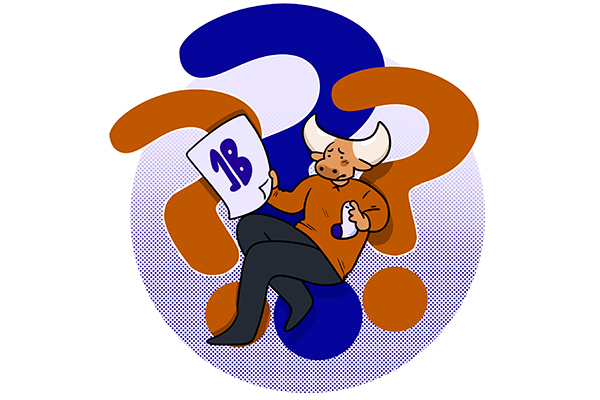Guidelines for Phase 1B of COVID-19 vaccine confuse students, whether they are eligible
March 12, 2021
Editor’s Note: This story first appeared in The Daily Texan’s March 9 print edition.
Different interpretations of Phase 1B qualifying conditions by COVID-19 vaccine providers have left some students with non-prioritized conditions confused about their eligibility to receive a dose.
UT Health Austin’s vaccination program survey asks respondents if they have any non-1B conditions, including asthma, hypertension or high blood pressure, and Type 1 diabetes mellitus. While these conditions do not qualify for the 1B category based on DSHS guidelines, Amy Young, chief clinical officer for UT Health Austin, said UT Health Austin recently expanded vaccine distribution to include people who fall into the second category.
Young said UT Health Austin is sending scheduling emails to students, staff and faculty who checked “yes” for having non-1B conditions. Young said eligible individuals should have received emails to self-schedule a vaccine appointment. UT Health Austin sent eligible individuals the link for the second time Friday since many emails may have been sent to people’s spam or junk folders.
“(Texas Phase 1B recommendations) give clinicians some ability to apply clinical judgment about whether health conditions that aren’t explicitly named on their list should apply,” Elizabeth Matsui, a professor of population health and pediatrics at Dell Medical School, said.
Computer science senior Benjamin Carter said he found out he qualified for the vaccine due to asthma during a recent phone call with his dad. He said he felt “stupid and irresponsible” for not checking sooner, and he has not been able to find an appointment yet.
“I could have been early on the list,” Carter said. “But now, there’s just so many people in line.”
Austin Public Health includes individuals 16 and over with asthma in the 1B group.
Matsui said that though the Centers for Disease Control and Prevention classifies moderate to severe asthma as potentially being a risk factor, current research finds there is not good evidence that it poses higher risk. She said it is important for students to follow their asthma management plans as daily medication may reduce the severity of COVID-19 if they do become infected.
Sociology junior Ariana Alvarez, who has asthma, received her first dose through the University last week. Alvarez said she only knew to fill out the survey because her friends told her she was eligible.
Young said students who filled out the UT survey and indicated they have one of the minor conditions should have received an email to schedule their appointment. If they have not, they should contact [email protected] for assistance.











